As a self-employed individual, you enjoy the freedom and flexibility of being your own boss. However, this autonomy comes with added responsibilities, including managing your finances and complying with tax regulations. One of the most crucial aspects of self-employment is understanding and fulfilling your tax obligations.
Key Responsibilities as a Self-Employed Taxpayer
1. Register for Self Assessment: If your self-employed income exceeds the £1,000 threshold, you must register for Self Assessment with HM Revenue and Customs (HMRC). This registration process involves obtaining a Unique Taxpayer Reference (UTR) number, which you’ll use for all your Self Assessment dealings.
2. Keep Accurate Records: Maintaining accurate records is essential for calculating your taxable income and preparing your tax return. Gather receipts, invoices, and bank statements to substantiate your income and expenses.
3. Determine Your Taxable Income: Your taxable income is the total amount of profit you’ve earned from your self-employment activities. This includes all business income minus allowable expenses such as travel, stationery, and equipment costs.
4. Complete and Submit Self Assessment Tax Returns: You must complete a Self Assessment tax return annually, typically by January 31st. The return details your self-employed income, expenses, and any other relevant information, allowing HMRC to calculate your tax liability.
5. Pay Your Tax Bill: Once your tax bill is calculated, you must settle it promptly by the deadline provided by HMRC. Late payments may incur penalties and interest.
Seek Professional Guidance: If you find managing your tax affairs overly complex or time-consuming, consider seeking professional guidance from a qualified accountant or tax advisor. They can assist with record-keeping, tax return preparation, and ensuring compliance with HMRC regulations.
Additional Considerations
National Insurance Contributions: As a self-employed individual, you are responsible for paying National Insurance contributions to cover your social security benefits. These contributions are calculated based on your self-employed profits.
Estimated Tax Payments: If your tax liability is significant, you may be required to make estimated tax payments throughout the year to spread out your tax burden.
Tax Deductions and Allowances: There are various tax deductions and allowances available to self-employed individuals, such as business expenses, travel costs, and pension contributions. Familiarize yourself with these deductions to maximize your tax savings.
Staying Informed: HMRC regularly updates tax regulations and guidelines. Keep up-to-date with these changes to ensure you remain compliant and avoid any penalties or fines.
Deadlines and Penalties: Pay close attention to tax filing and payment deadlines to avoid penalties and potential interest charges.
By understanding and fulfilling your responsibilities as a self-employed taxpayer, you can ensure you are meeting your legal obligations and minimizing your tax liabilities. Remember, seeking professional guidance can provide valuable support in navigating the complexities of self-employment taxation.
